Methodological research in optimization uses techniques of algebra, geometry, analysis and combinatorics to develop and analyze algorithms for fundamental optimization models having broad applicability. Such models are the means by which we can leverage general-purpose optimization software for applications in all areas. For very large scale applications, specially tailored algorithms are developed.
This area includes:
Integer Optimization: Integer variables are key for modeling logical decisions. Developing algorithms to handle large-scale models with integer variables is an important application-enabling topic. Research in this area makes strong use of geometry, algebra, and combinatorics.
Robust and Stochastic Optimization: Modeling uncertainty in a tractable manner to address applications involving uncertainty by linking data analytics with optimization. Scaling algorithms to handle large instances enables us to make better use of data for decision making. Research in this area makes strong use of geometry, algebra, and analysis.
Combinatorial Optimization and Approximation Algorithms: This area focuses on problems involving combinatorial choices (e.g., network design, facility location, scheduling), with the goal of developing fast and accurate algorithms. Research in this area makes strong use of combinatorics and algebra.
Continuous Optimization: At the heart of many decision problems in engineering and machine learning, and at the core of all kinds of optimization algorithms are continuous optimization problems. Fast, scalable algorithms in this domain have practical ramifications in many contexts.
Related news
-
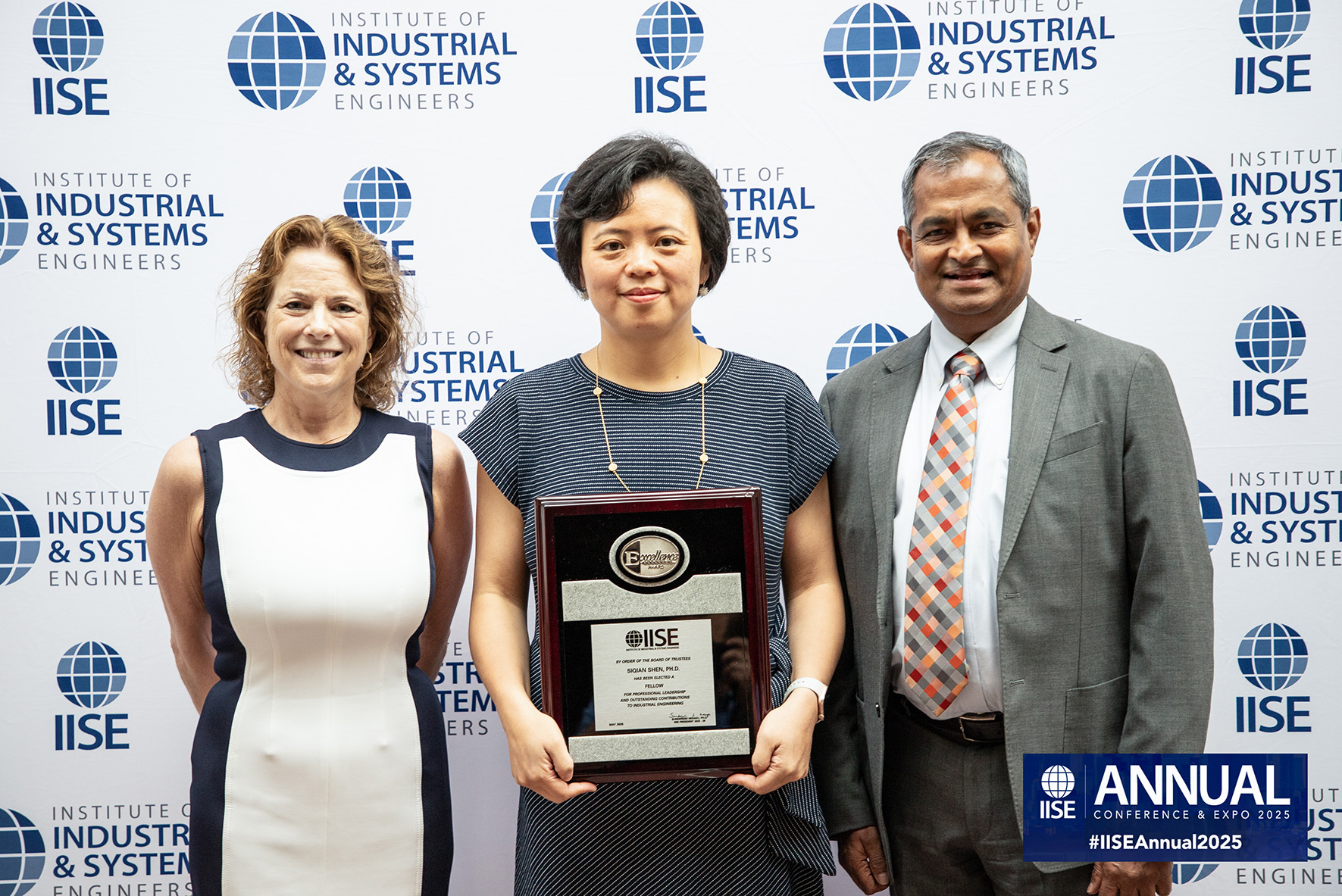
U-M IOE faculty and students awarded at IISE Annual Conference and Expo
IOE faculty and students awarded for industrial and systems engineering research and scholarship.
-
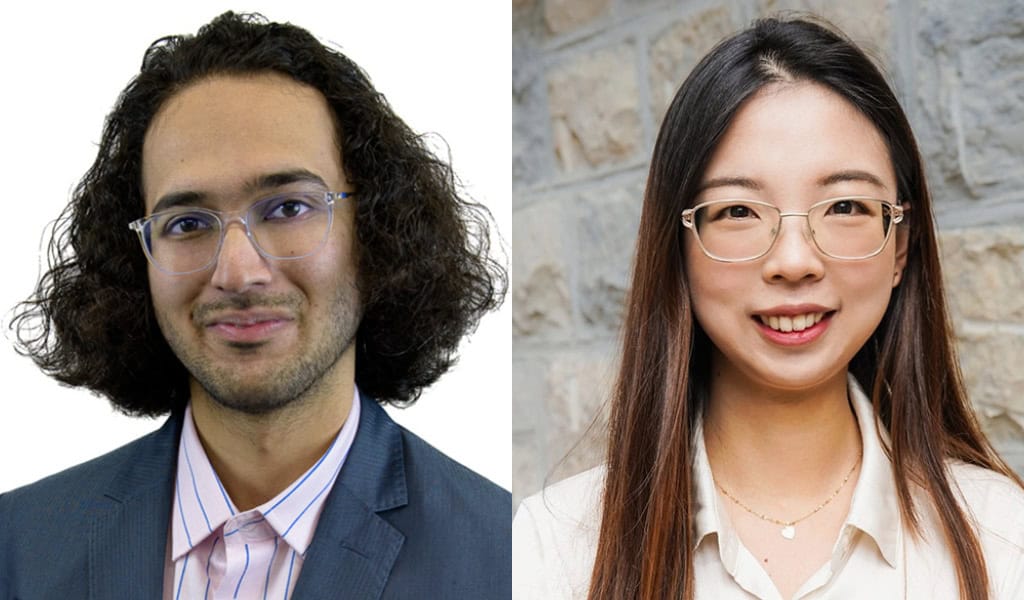
Michigan IOE welcomes two new faculty
Dr. Sushil Varma joins from INRIA Paris, where he designed algorithms for online marketplaces and EV-based transportation. Dr. Manhua Wang joins from Virginia Tech Transportation Institute, focusing on trustworthy, adaptive human-AI collaborations in intelligent transportation and automated vehicles.
-

IOE graduation speakers reflect on their Michigan Engineering journeys
Each spring, the University of Michigan (U-M) College of Engineering selects two student speakers for the undergraduate and graduate commencements. This year both speakers are from the Department of Industrial and Operations Engineering (IOE). Undergraduate student Bella Wash and Ph.D. student Dr. Leena Ghrayeb will share their unique paths and their commitment to human-centered engineering.
-
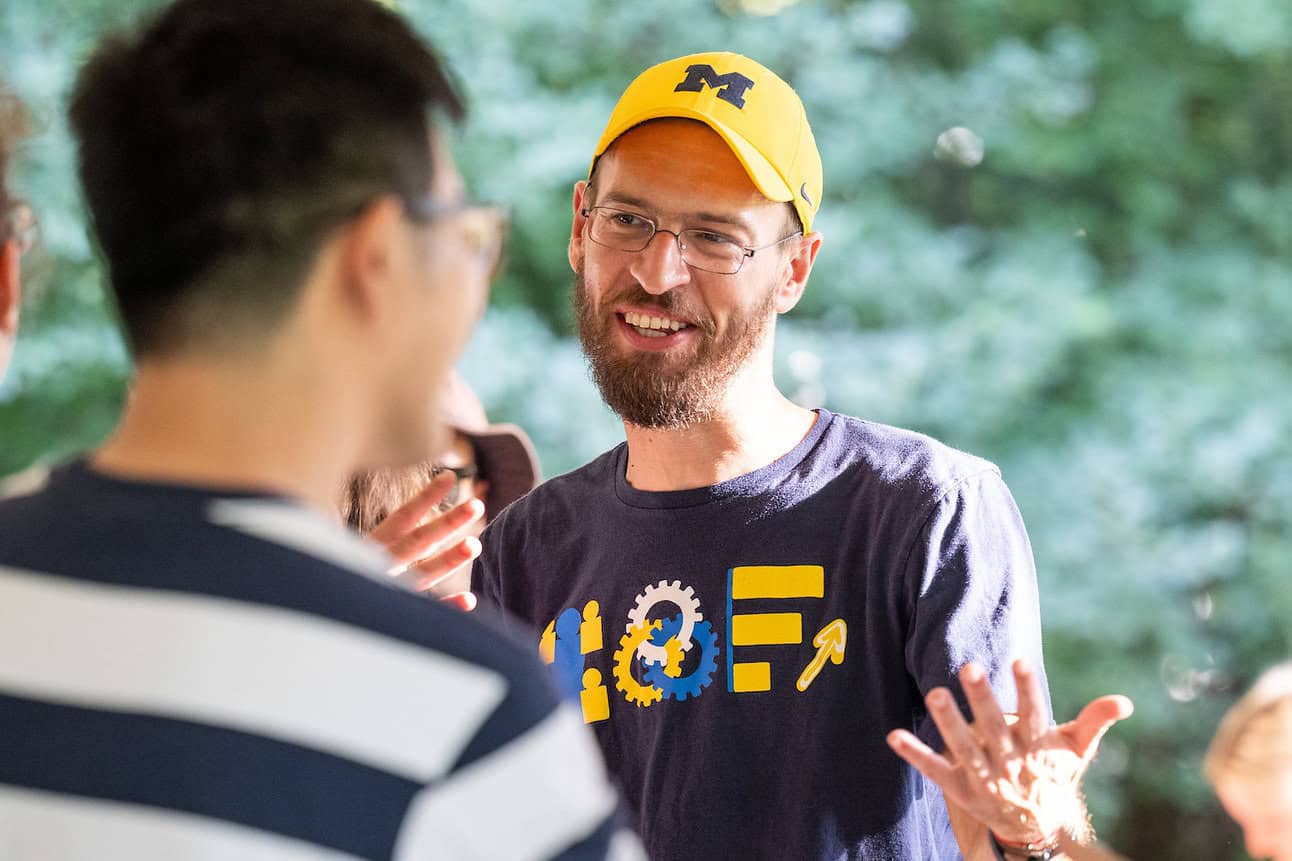
Berahas named member of the Air Force Office of Scientific Research 2025 Young Investigator Program
Albert S. Berahas will use this opportunity to develop, analyze and implement algorithms for solving noisy constrained derivative-free optimization problems, prevalent in fields such as engineering design, medicine and machine learning.
-
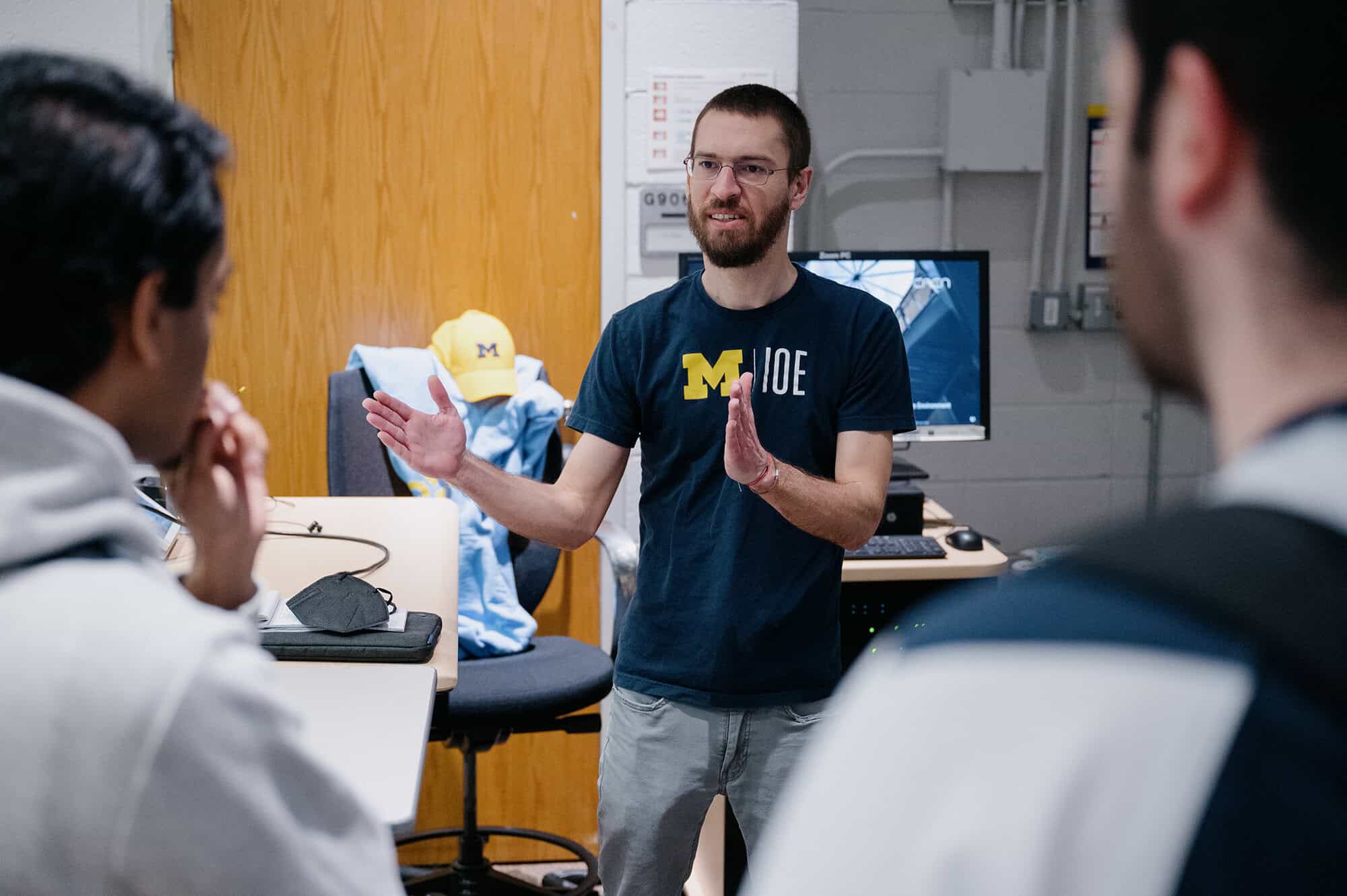
Albert S. Berahas wins Charles Broyden Prize
U-M IOE assistant professor recognized for advancements in machine learning optimization
-
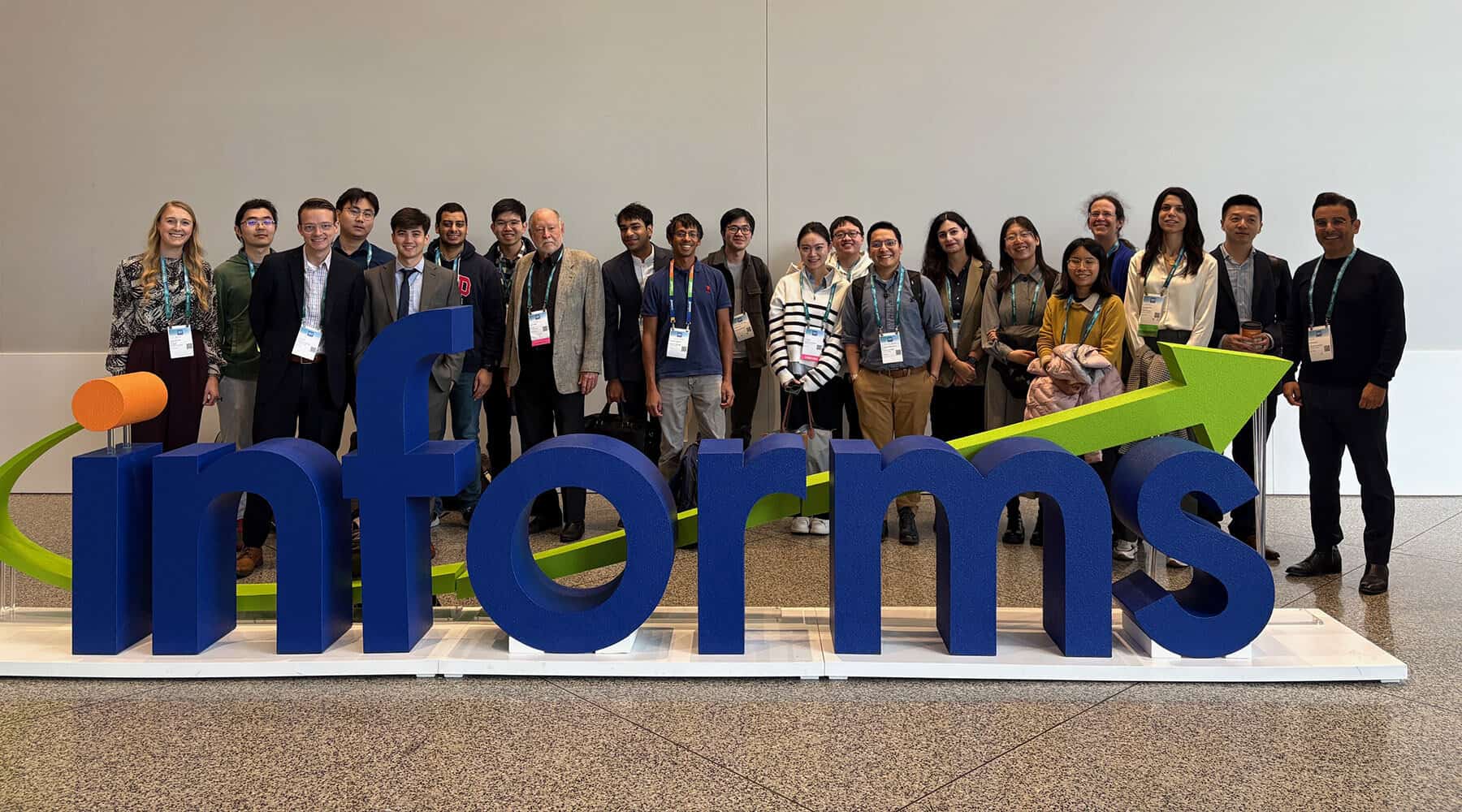
U-M IOE community excels at 2024 INFORMS Annual Meeting
The University of Michigan Industrial and Operations Engineering Department walked away with numerous awards, including an INFORMS Fellow Award for Amy Cohn and Magna Cum Laude status for the U-M INFORMS student chapter.
-
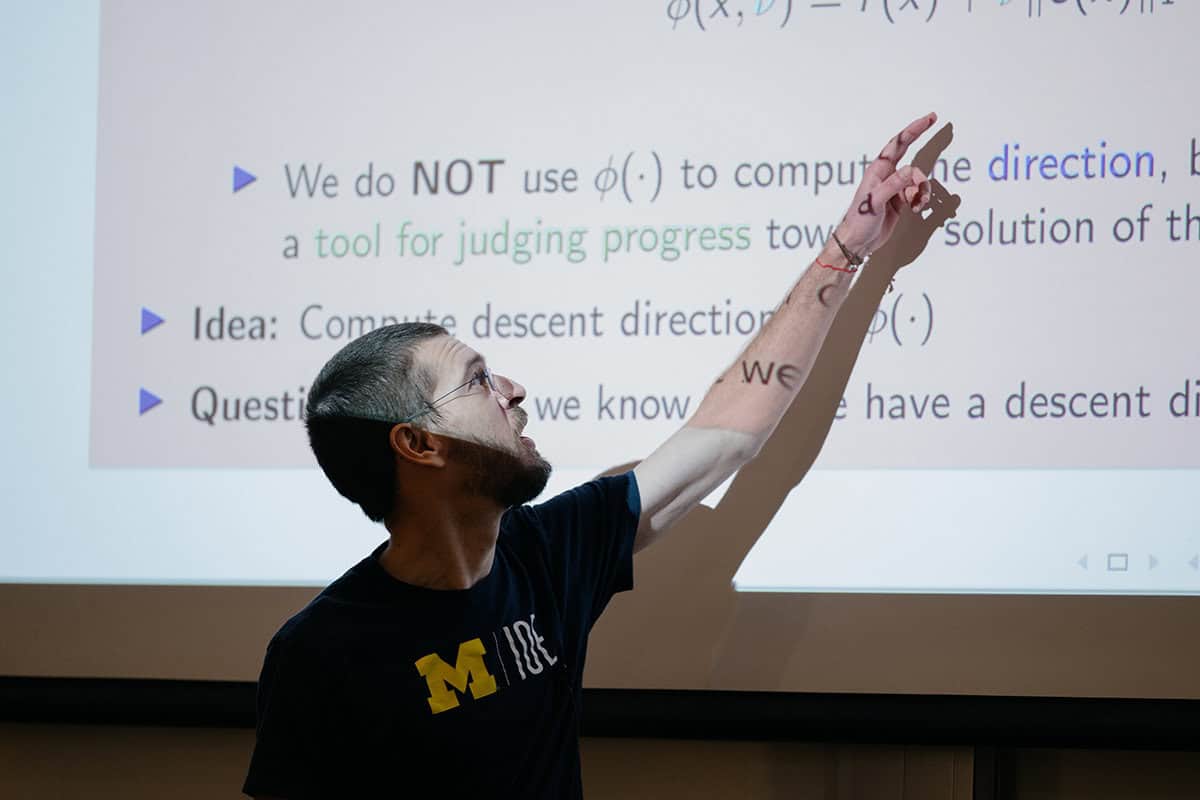
Berahas Receives ONR Grant to Develop Advanced Optimization Algorithms
The grant will fund the development of cutting-edge algorithms for solving complex nonlinear constrained stochastic optimization problems. Albert Berahas, and Micheal O’Neill will lead the research to advance optimization methods and address real-world challenges.
-
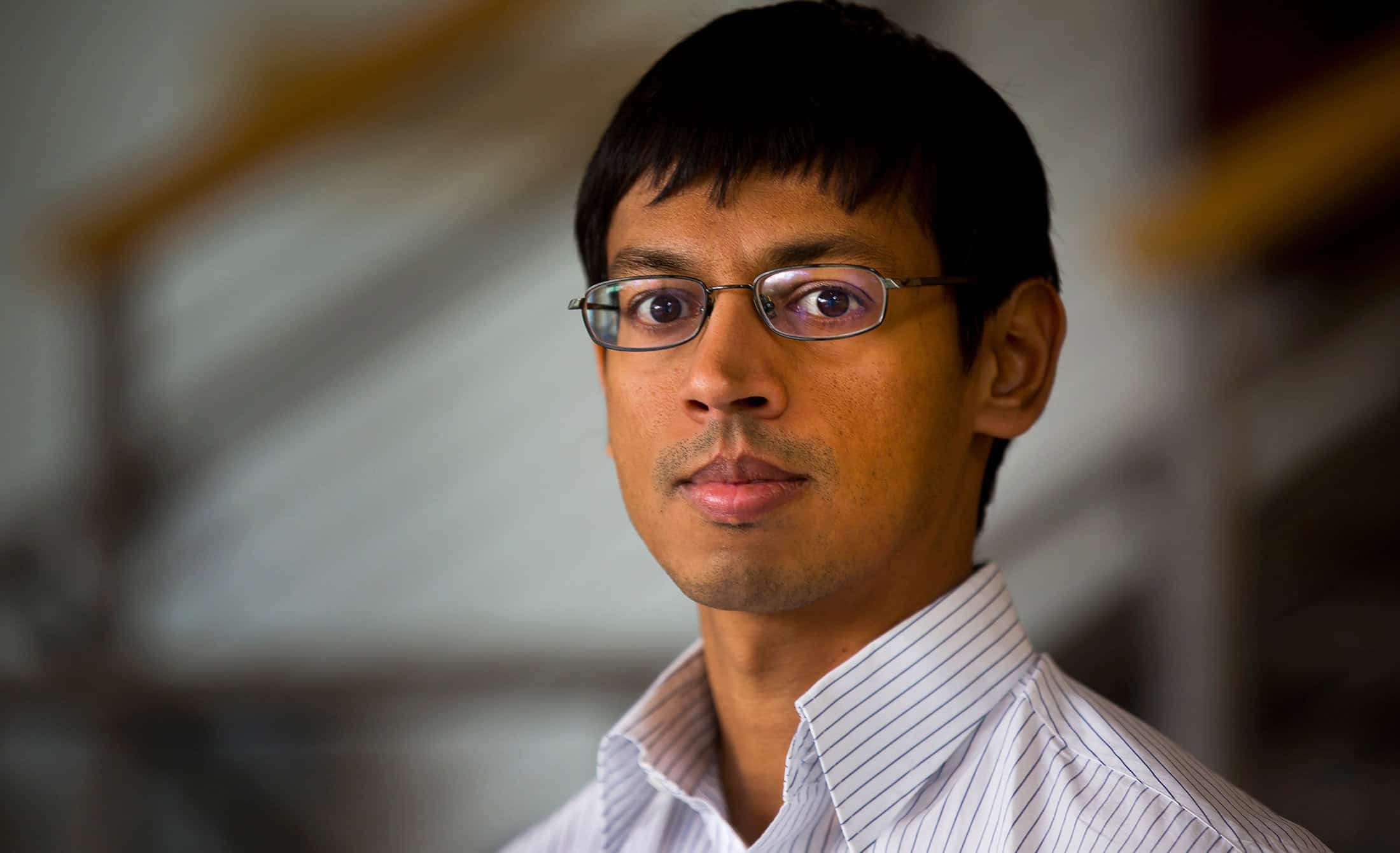
Viswanath Nagarajan Awarded NSF Grant
The awarded project focuses on developing advanced algorithms for stochastic optimization, tackling a fundamental challenge in algorithm design: uncertainty in input parameters.
-
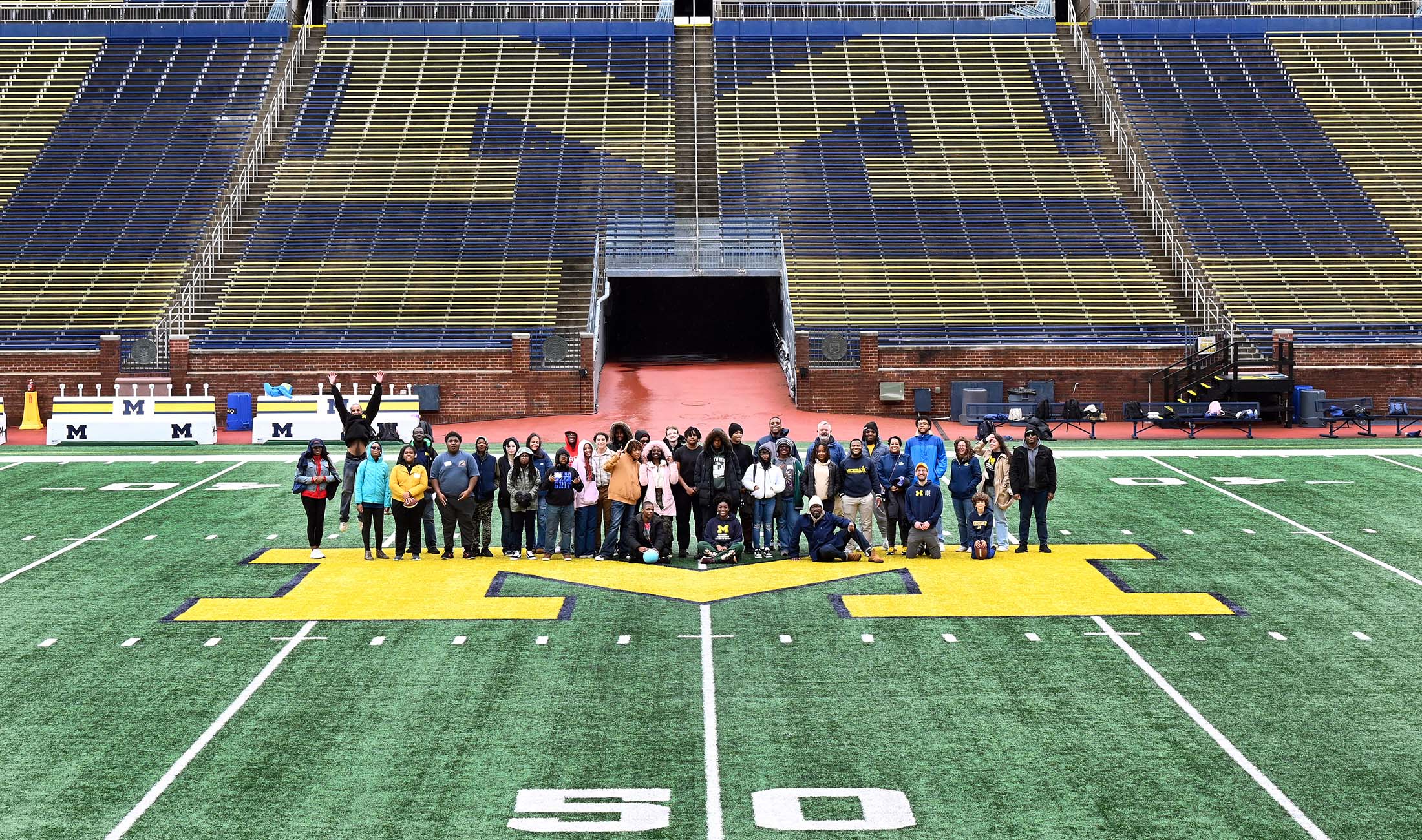
University of Michigan Hosts Optimaize Day to Spark Interest in Engineering Among Detroit High School Students
In partnership with the Detroit Educational Takeover Team, Optimaize Day bridges theoretical understanding of engineering with everyday applications, leaving a lasting impression on the minds of potential future engineers.
-

New statistical tool to distinguish shared and unique features in data from different sources
Personalized PCA method overcomes the challenges of heterogeneous data analysis